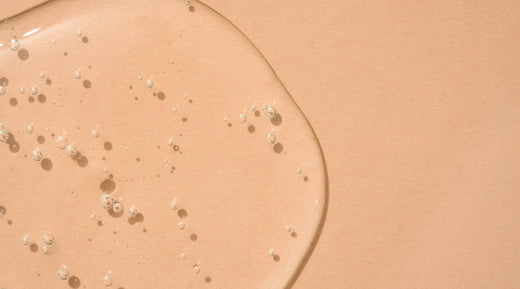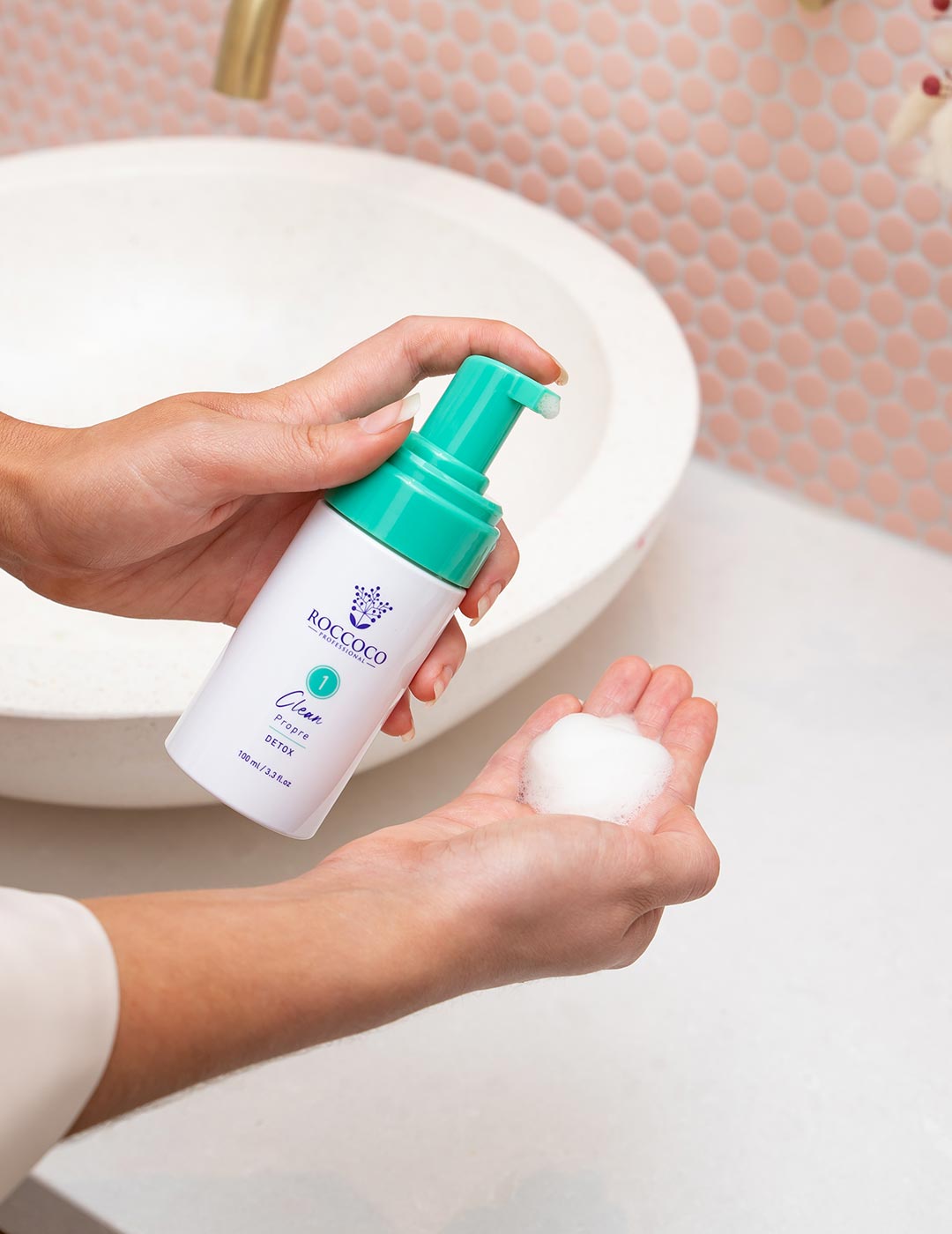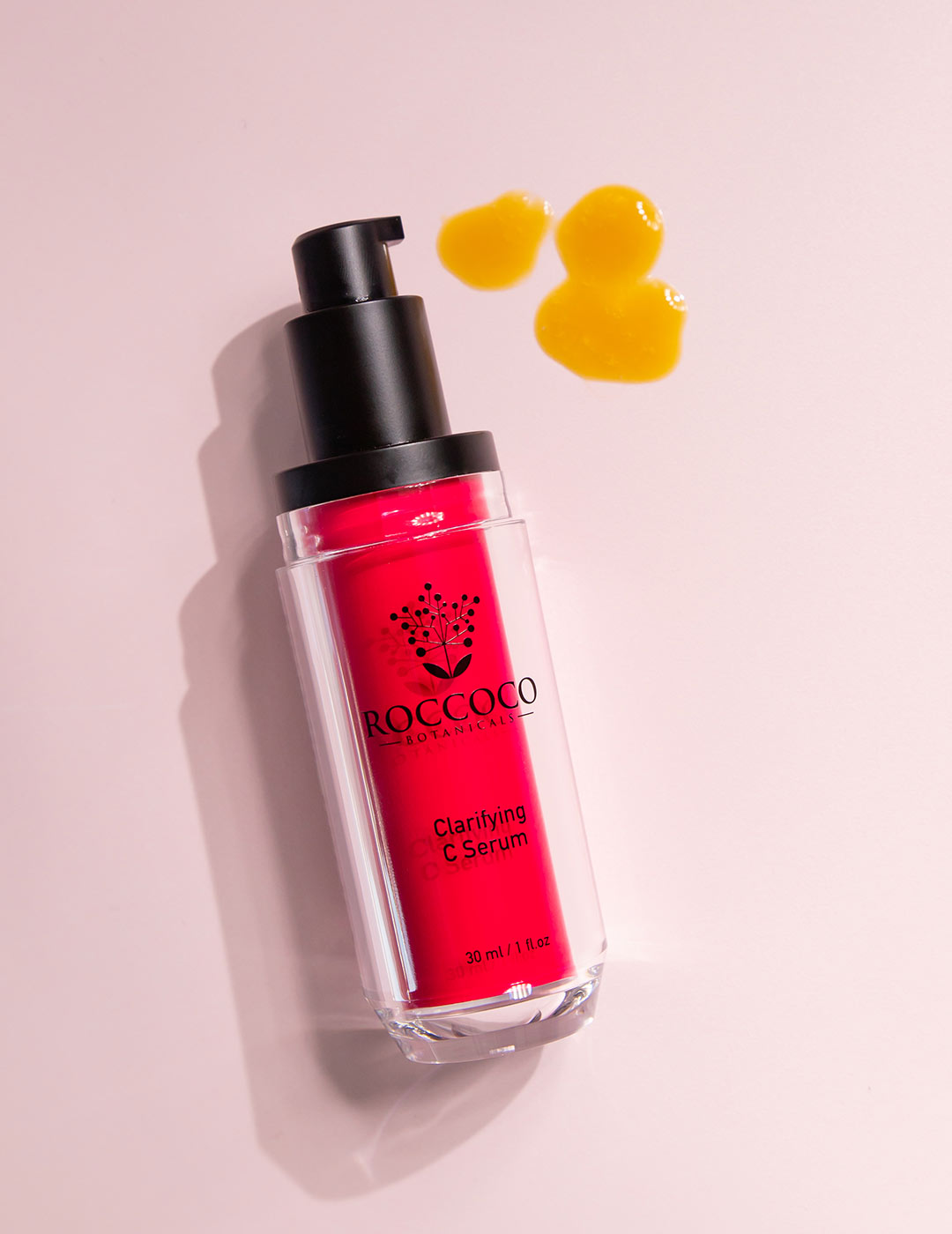Are you taking care of your skin the right way?
While we may think we’re doing the best for our skin, there are certain habits and practices that can actually harm it.
Today, we’re talking about the worst things you can do to your skin and why it’s crucial to avoid them.
Importance of Taking Care of Your Skin
Our skin is the largest organ of the body, and it serves as our first line of defense against environmental aggressors.
From protecting us against harmful bacteria, viruses, and ultraviolet (UV) radiation, to regulating our body temperature and allowing us to feel touch, heat, and cold, our skin plays a big role in our overall health and well-being.
That’s why it’s so important to take good care of it.
By maintaining healthy skin, you can prevent various skin problems like dryness, acne, and signs of aging.

Common Mistakes in Skin Care Routines
Everyone's skin is unique, and what works for one person may not work for another.
But regardless of your skin type, there are universal skincare mistakes that can harm your skin.
Identifying these mistakes is the first step towards improving your routine and achieving healthier skin.
One common mistake is not knowing your skin type. Whether your skin is oily, dry, combination, or sensitive, your skincare routine and products should be tailored to meet its specific needs.
Using the wrong products can lead to irritation, breakouts, or an overproduction of oil.
Another mistake is inconsistency. It takes time for skincare products to work, and using them sporadically won't give you the results you desire.
Consistency is key in skincare, and it's crucial to stick to your routine every day, morning and night, for the best results.
Using Harsh Cleansers and Exfoliators
Cleansing and exfoliating are essential steps in any skincare routine. However, using harsh cleansers and exfoliators can strip your skin of its natural oils, leading to dryness, irritation, and an overproduction of oil.
It's essential to choose gentle, pH-balanced cleansers that effectively cleanse without disrupting your skin's natural barrier.
Physical exfoliators with rough particles can also cause micro-tears in the skin, leading to inflammation and damage over time.
Instead, consider using chemical exfoliants like alpha hydroxy acids (AHAs) and beta hydroxy acids (BHAs), which gently dissolve dead skin cells without causing physical damage.
Remember, less is more when it comes to exfoliation.
Over-exfoliating can lead to sensitivity, redness, and inflammation. It's recommended to exfoliate no more than twice a week for normal to oily skin, and once a week for sensitive or dry skin.
Overusing or Misusing Skincare Products
While it's tempting to use every new skincare product on the market, overloading your skin with too many products can do more harm than good.
It can lead to product build-up, clogged pores, and skin irritation.
Stick to a simple routine with a cleanser, moisturizer, sunscreen, and a few targeted treatments for specific skin concerns.
Misusing skincare products is also a common mistake. Always read the product instructions and use them as directed.
For example, some products are meant for nighttime use only, while others should be applied in a specific order.
Using products incorrectly can reduce their effectiveness or even cause adverse reactions.
Ignoring Sunscreen or Not Using Enough Protection
Sunscreen is a non-negotiable part of any skincare routine. UV radiation is one of the leading causes of premature aging, hyperpigmentation, and skin cancer.
Despite this, many people ignore sunscreen or don't apply enough of it.
It's crucial to apply a broad-spectrum sunscreen with an SPF of at least 30 every day, even on cloudy days or when you're indoors.
UV rays can penetrate clouds and windows, so your skin is still exposed even when you're not directly in the sun.
Remember to apply a generous amount of sunscreen and reapply every two hours, or immediately after swimming or sweating.
Don't forget areas like your neck, ears, and the back of your hands, which are often overlooked.

Picking or Popping Pimples and Blemishes
We've all been guilty of picking at our skin or popping a pimple at some point. However, this bad habit can lead to inflammation, scarring, and even more breakouts.
When you pick at your skin, you're introducing bacteria from your fingers into the open wound, which can lead to infection.
Instead of picking at your skin, apply a spot treatment with salicylic acid or benzoyl peroxide to dry out the pimple.
Sleeping with Makeup On
After a long day, it can be tempting to skip your nighttime skincare routine and go to bed with makeup on.
However, leaving makeup on overnight can clog your pores and lead to breakouts. It can also cause your skin to look dull and can accelerate the aging process.
No matter how tired you are, always remove your makeup before bed. It's also important to cleanse your skin properly to remove any leftover makeup, dirt, and oil.
Consider using a double cleansing method, which involves using an oil-based cleanser to remove makeup and sunscreen, followed by a water-based cleanser to clean the skin.
Neglecting to Moisturise Properly
Regardless of your skin type, moisturizing is a crucial step in your skincare routine. It helps to hydrate your skin, maintain your skin's barrier, and prevent dryness and irritation.
However, many people either skip this step or use the wrong type of moisturizer for their skin type.
If you have oily skin, you might think you don't need to moisturize, but this is a myth. Even oily skin needs hydration.
Choose a lightweight, oil-free moisturiser that won't clog your pores.
For dry or sensitive skin, look for a richer moisturiser with ingredients like hyaluronic acid and ceramides that can help to hydrate and repair the skin barrier.
Not Getting Enough Sleep and Managing Stress
Lack of sleep and chronic stress can take a toll on your skin. They can lead to inflammation, breakouts, and accelerated signs of aging.
When you sleep, your skin goes into repair mode, producing new collagen and repairing damage from UV exposure.
Without enough sleep, this process is interrupted, leading to dull, tired-looking skin.

Stress can also trigger skin problems like acne, rosacea, and psoriasis. It's important to find ways to manage stress, such as through exercise, meditation, or talking to a professional.
Taking care of your skin is a lifelong commitment, but it's one that comes with numerous rewards.
By avoiding these common skincare mistakes, you can improve the health and appearance of your skin and prevent future skin problems.
Remember, everyone's skin is different, and it's important to listen to your skin and adjust your routine as needed.
Lastly, be patient with your skin. It takes time to see results, but with consistent care and attention, you'll be on your way to healthier, more radiant skin.
Read more

Retinol has long been hailed as the holy grail of anti-aging skincare. Its ability to reduce fine lines, wrinkles, and even out skin tone has made it a staple in many beauty routines. However, re...

Winter can be harsh on your skin, leaving it dry, dull, and irritated. That’s why we are sharing our comprehensive guide to skin care tips for winter. Whether you're a skincare enthusiast or som...



